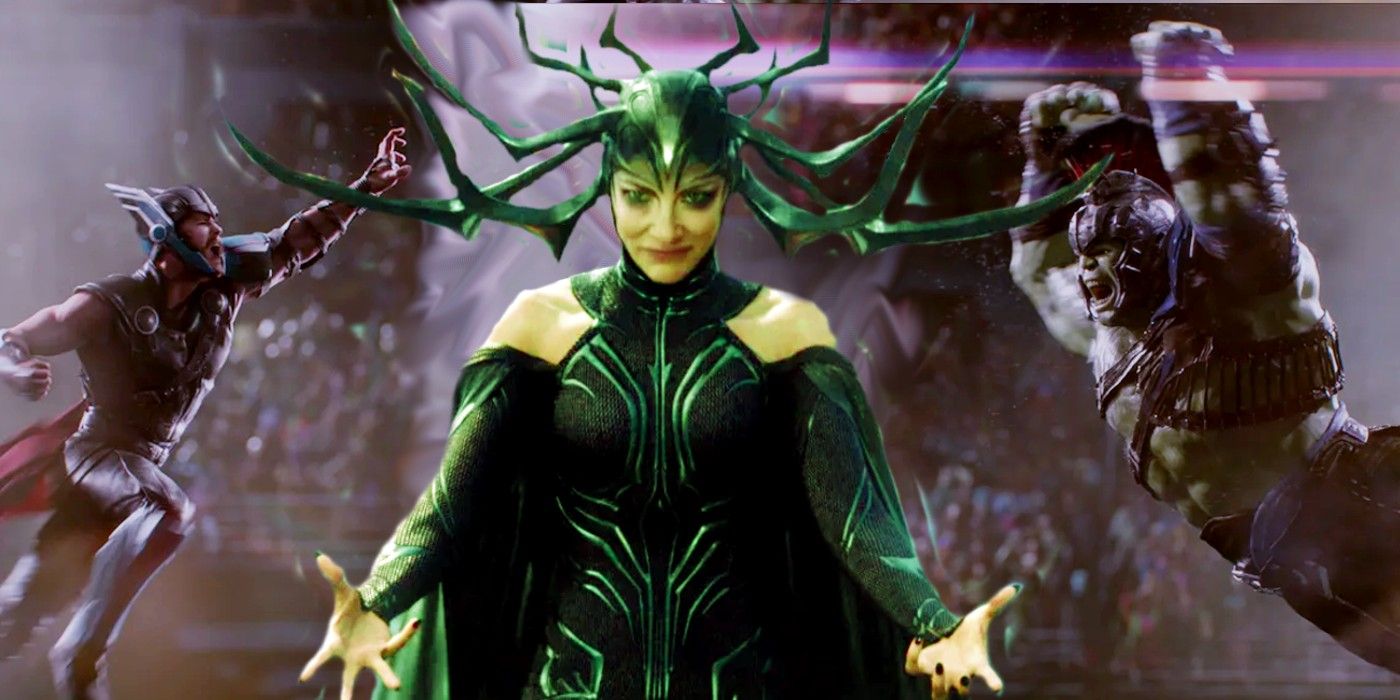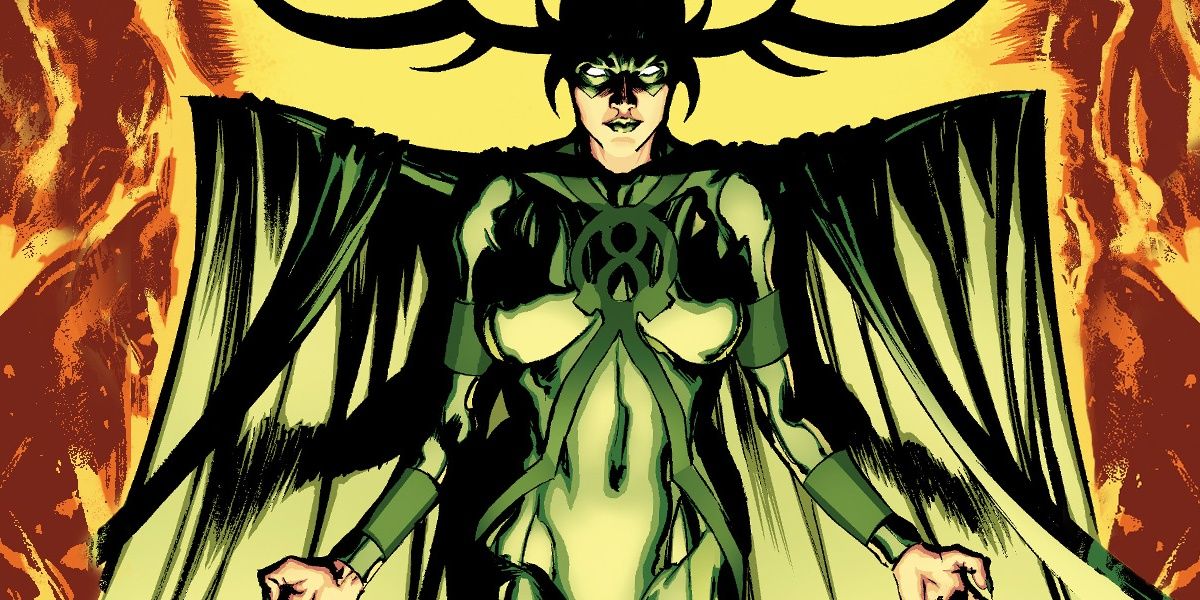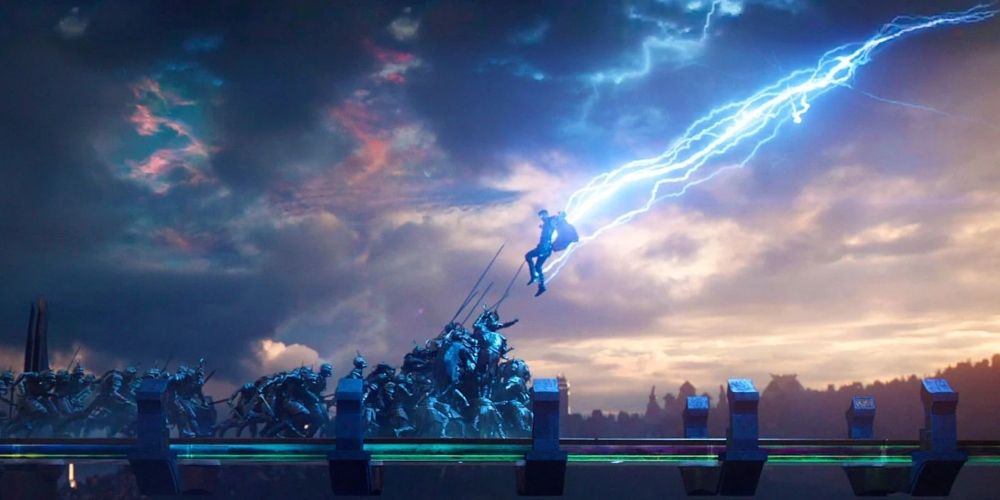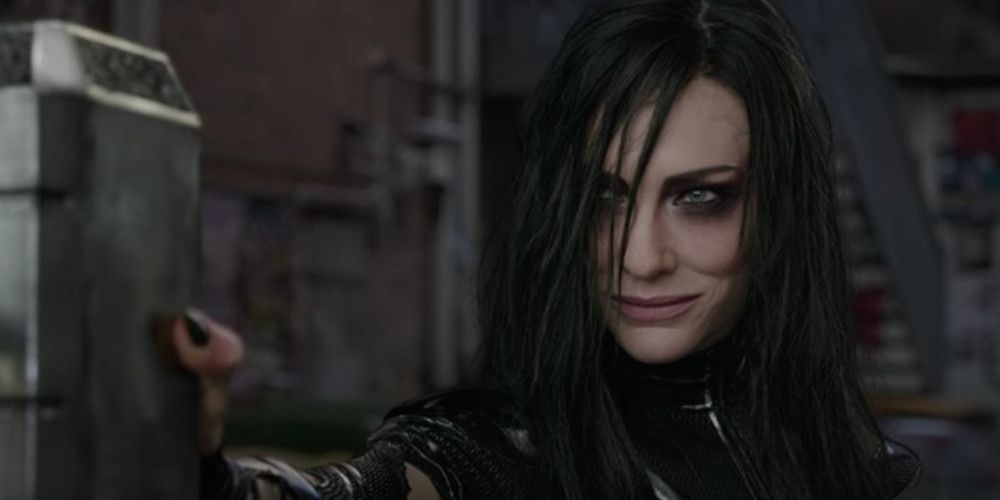Summary
- Thor: Ragnarök could have been the best MCU film with a small change to its main villain, Hela, by exploring her backstory and connection with Asgard more deeply.
- Hela's potential as a complex and charismatic leader was underutilized, as her relationship with the Asgardian people could have created political turmoil and emotional tension.
- The decision to have Hela raise an army of the undead diminishes her character's potential and lacks emotional impact, as using regular Asgardians would have added depth to the final battle and made it more consequential.
After the critically panned second installment in the Thor trilogy, The Dark World, Thor: Ragnarök director Taika Waititi brought a whole new character to life and had fans clamoring to see what he'd do next. With many quotable lines and a villain more powerful than Thor, Waititi almost gave Thor a brand-new origin story within Thor: Ragnarök as audiences watched the hero come into his own power. All in all, Thor: Ragnarök is often regarded as one of the best MCU films, but it could've easily snatched the spot of the #1 MCU movie with a tiny change to its main villain, Hela.
In Thor: Ragnarök, the MCU's version of Hela is introduced as Thor and Loki's older sister, the Asgardian Goddess of Death. Imprisoned by her father Odin after her hunger for power exceeded his, Hela is set free by Odin's death. As the rightful heir to the Asgardian throne, Hela wants to continue her former goal of conquering all the realms, showing her power when she destroys Thor's hammer, Mjölnir. It's a powerful introduction to the film's villain and highlights that the heroes will need more than just brute strength to beat her. Most of the movie shows Thor trying to find his way back to Asgard, but the moments that focus on Hela, as well as the final battle, could have given Thor: Ragnarök the emotional backbone needed to push such a comedic film to the top of the MCU's roster.
The Changes to Hela's Backstory Were Underused
Much like the figure in Norse Mythology, Marvel Comics' Hela is the daughter of Loki, but the MCU's twist gave the villain monumental potential, not just due to her power but also thanks to her political standing as the rightful heir to the Asgardian throne. However, Hela had never been mentioned before this, so the film makes a point to inform the audience that Odin tried to hide away the darkness of his past with Hela. Later on in the film when Hela is inside Odin's palace, however, it's shown that murals of Hela and her conquest still lie just below the surface of newer paintings.
Knowing how long Asgardians can live, it's nearly impossible that no one alive remembers Hela. With Odin dead, anyone who wanted to would be able to freely talk about Hela, so making her a complete stranger to the Asgardian people is a disservice to what's set up at the beginning of the movie. As revisionist history exists in the real world, audiences know for a fact that seeds of truth often persist even after a topic has been forbidden or labeled tabboo. When Hela returns to Asgard, there should've been more Asgardians by her side. Though Hela's army was killed in her rebellion, there must have been regular people who believed in her mission, especially after so many years under her partial rule, so there could have been factions secretly awaiting Hela's return.
The way Hela's backstory was changed from the comics sets up this sort of relationship with the Asgardian people perfectly. In fact, when Hela is first introduced as the rightful heir to the Asgardian throne, there's a promise of political turmoil that's never fulfilled by the end of the film. This division of the Asgardian people would've made the scenes focused on Hela much more interesting and emotionally charged as the audience watched ancient allegiances overthrow the status quo in Thor's absence. Hela could have been portrayed as a charismatic leader who won over her people, but her backstory and connection with Asgard were underutilized, making her second rebellion feel hollow.
Hela Raising Her Army of the Undead Proves the MCU Is Afraid to Make Complex Villains
When Hela arrives in Asgard, one of her first actions is to raise her army from the dead, amassing a loyal following of zombies. Not only is the 'zombie army' trope overdone, but it also diminishes the promise of potential Hela had as a villain up to that point. Hela is a powerful and intimidating goddess who shows no remorse, but her army was once made up of Asgardians much like the ones that live in Asgard now. Hela's mission compelled these Asgardians to die fighting alongside their leader, so it would have made for a much more compelling arc for Hela to attempt to recruit her army from the current population. This would've shown Hela's potential as a leader and added much more tension not just to her moments in Asgard, but also to the final battle as a whole.
Alongside factions of Asgardians who had always been loyal to Hela and were awaiting her return, the film could've shown the political and social turmoil of Asgardians being pulled to Hela's side. This could have been done not just out of intimidation or fear but because Hela makes a good case for her rule over Thor's. This sort of friction would have resembled real-world events but also made it so that the final battle against Hela and her army was truly an emotional part of the film. Since neither Thor nor Loki have ever known Hela, they have no love for her as their older sister, so her death at the end of the film feels inconsequential. The loss of Asgard is what truly hurts, not Hela's death, and her army being zombies adds to this lack of a loss.
In contrast, if Hela's army had been comprised of regular Asgardians, including a handful of recognizable faces, the emotional impact of fighting against them and destroying them would've been much greater for the audience. Watching families turn on each other or even lose each other would have added a sense of importance and loss to what was being done. When Thor triggers Ragnarök, it would have been a decision that killed some of his own subjects, and when Thor argues that Asgard is not a place but a people, it would be given an entirely new and deeper meaning.
Thor: Ragnarök's Hela Is the Poster Child of Wasted Potential
While the film still garnered the favor of critics and audiences alike with its memorable soundtrack, comedic writing, and colorful filmography, Thor: Ragnarök could have been the best MCU film if it had followed through with the potential set up through Hela's changed backstory. The raising of Hela's undead army feels like a cop-out or a last-minute edit to a more profound story that could've added some depth to the film's comedic heart. Hela had the potential to be less an evil caricature and more a nuanced and complex character, but the MCU seems to be afraid that some members of the audience will root for the villain, and this is the movie's biggest downfall.
This small change to Hela is a problem echoed in most of the MCU's villains, and it's when movies break out of this shell with complex villains such as Killmonger that the films can truly shine. If the MCU is willing to take more risks and put more trust in its audience, movies like Thor: Ragnarök can rise from fan favorites to true masterpieces of the genre.




